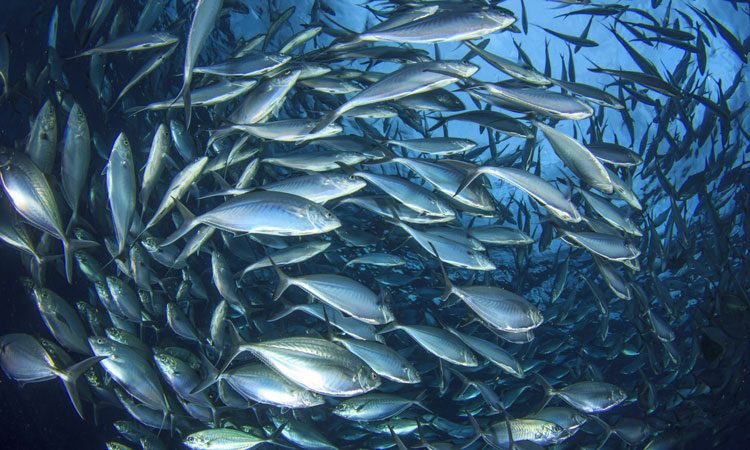Senegal Pole and Line Tuna Fishery Improvement Project launched
Posted: 6 August 2019 | Rachael Harper (New Food Magazine) | No comments yet
New project participants will work closely with the fishing authorities of Senegal to improve the governance of fisheries.


With an aim to improve the practices of ten pole and line tuna fishing vessels sailing from Dakar, Senegal, the Pole and Line Tuna Fishery Improvement Project (FIP) in Senegal has been launched.
The FIP is designed to drive the fishery towards the Marine Stewardship Council (MSC) standard, which assesses whether it is well-managed and sustainable. It will focus on three key areas:
- Healthy fish stocks
- Minimal and mitigated impact on ecosystems
- Effective management of fisheries.
The new FIP will cover individual, pole and line catches of skipjack, yellowfin and bigeye tuna and their bait stock. Participants will also work closely with the fishing authorities of Senegal to improve the governance of fisheries in the region.
The FIP was developed by a multi-stakeholder alliance of WWF-UK, Thai Union Group PCL, Princes Limited, Asociación Atuneros Cañeros DAKAR TUNA, SENEMER Fishing Industries and TUNASEN.
“The world’s fisheries are under more pressure than ever before, but we can find solutions if the seafood industry works together with authorities and NGOs,” said Clarus Chu, Seafood Manager, WWF-UK.
“This project must be used to develop stock, ecosystem and management improvements that create a sustainable future for tuna in the region.”
The fishery managers will use MSC-developed tools to identify and track areas for improvement for the fishery to meet the MSC Fisheries standard. This standard is based on the UN Food and Agriculture Organisation (FAO) Code of Conduct for Responsible Fisheries, which provides the main guidelines for sustainable fishing, minimising environmental impact and ensuring effective management.
“By supporting FIPs, we aim to help conserve marine ecosystems and protect the livelihoods of the millions of people who depend on them,” added Tony Lazazzara, Group Fisheries Sustainability and European Fish Procurement Director, Thai Union. “We have made significant progress against Thai Union’s global tuna commitment, and the new Senegal FIP further reinforces our commitment to sustainable tuna.”
Related topics
Related organisations
Asociación Atuneros Cañeros DAKAR TUNA, Princes Limited, SENEMER Fishing Industries, Thai Union Group PCL, TUNASEN, WWF-UK









